In June 2021, infrastructure firm Peel L&P announced plans to develop a £20 million facility at Rothesay Dock on the north bank of the River Clyde, West Dunbartonshire.
Every year the plant would have converted 13,500 tonnes of plastic waste to hydrogen for use as fuel for buses, cars and HGVs.
This June, Scotland committed to a moratorium on new EfW plants following an independent review into the role of incineration in the country (see letsrecycle.com story).
West Dunbartonshire council initially granted Peel L&P planning permission for an advanced thermal treatment facility before referring the decision to the Scottish Government in line with the new national moratorium policy.
Peel NRE, Peel L&P’s resources arm, formally withdrew their plans for the plant last week (15 December).
Richard Barker, development director at Peel NRE, said “innovative solutions” were needed to deal to deal with challenges including how to manage waste more sustainably, find cleaner sources of energy and cut carbon emissions.
“The current moratorium on thermal treatment facilities in Scotland creates a negative environment that risks stifling this innovation in the sustainable management of waste and was one of the key drivers in our decision to withdraw the application,” he said.
Plastics
Peel L&P says the Clydebank plant would have been the second in the UK to use technology developed by energy company Powerhouse Energy Group after plans for a similar facility at its Protos site in Cheshire were approved in 2019 (see letsrecycle.com story).
Our plans for North Clyde would have provided much needed infrastructure – Richard Barker, development director at Peel NRE
Mr Barker added: “Our plans for North Clyde would have provided much needed infrastructure for processing plastics that can’t be recycled, creating a local source of hydrogen that could be used as an alternative clean fuel for HGVs, buses and cars.
“This could have helped contribute to the Scottish Government’s mission to decarbonise our communities and economies to reach net zero.”
Peel L&P’s says it has signed a collaboration agreement with Powerhouse Energy Group to develop 11 plastic waste to hydrogen facilities across the UK during the next few years, with the option of exclusive rights for a total of 70 facilities.
‘Huge victory’
However, environmental campaigners welcomed the news that Peel L&P had withdrawn their plans for the Clydebank plant. Kim Pratt, circular economy campaigner at Friends of the Earth Scotland, said it was a a “huge victory” for the community.
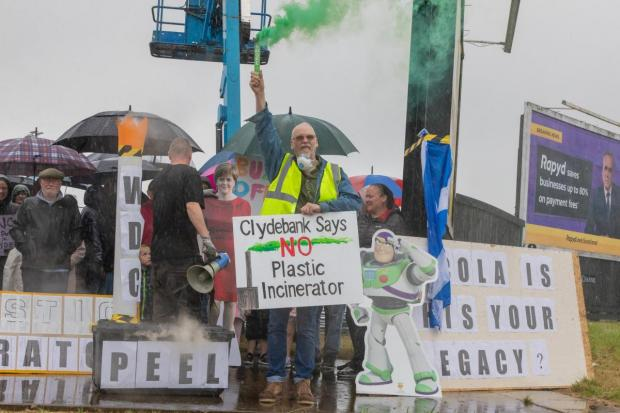
She added: “The decision by Peel L&P to cancel their plans shows that they acknowledge the new incinerator won’t be accepted under the moratorium.
“Developers should take note that Scotland will no longer tolerate their plans to burn precious resources.”




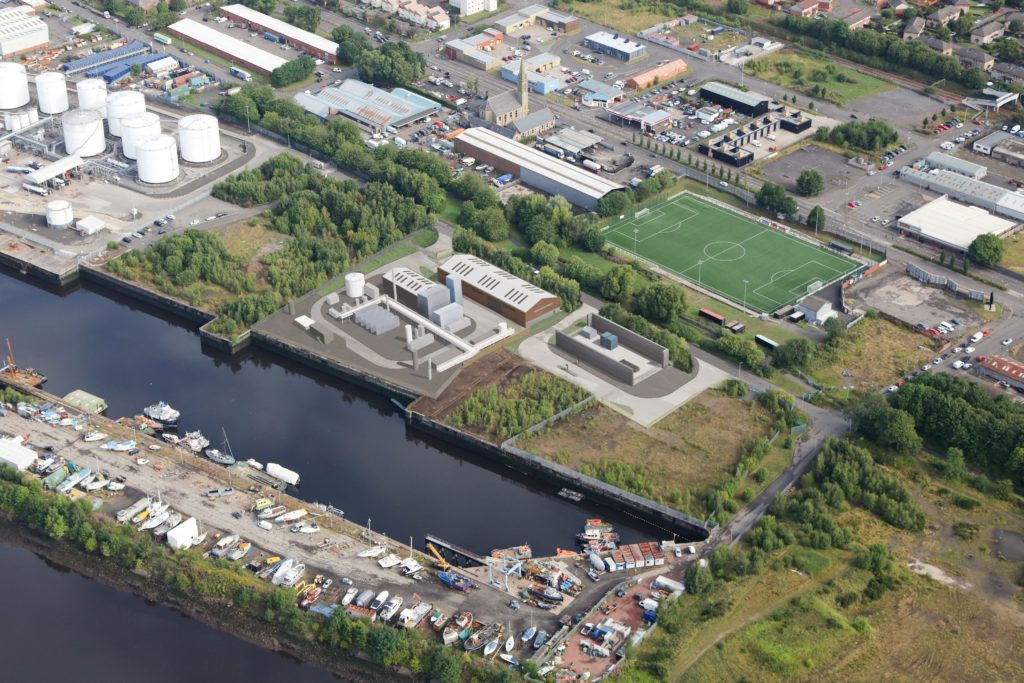
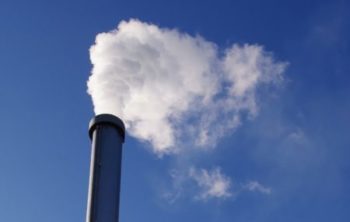
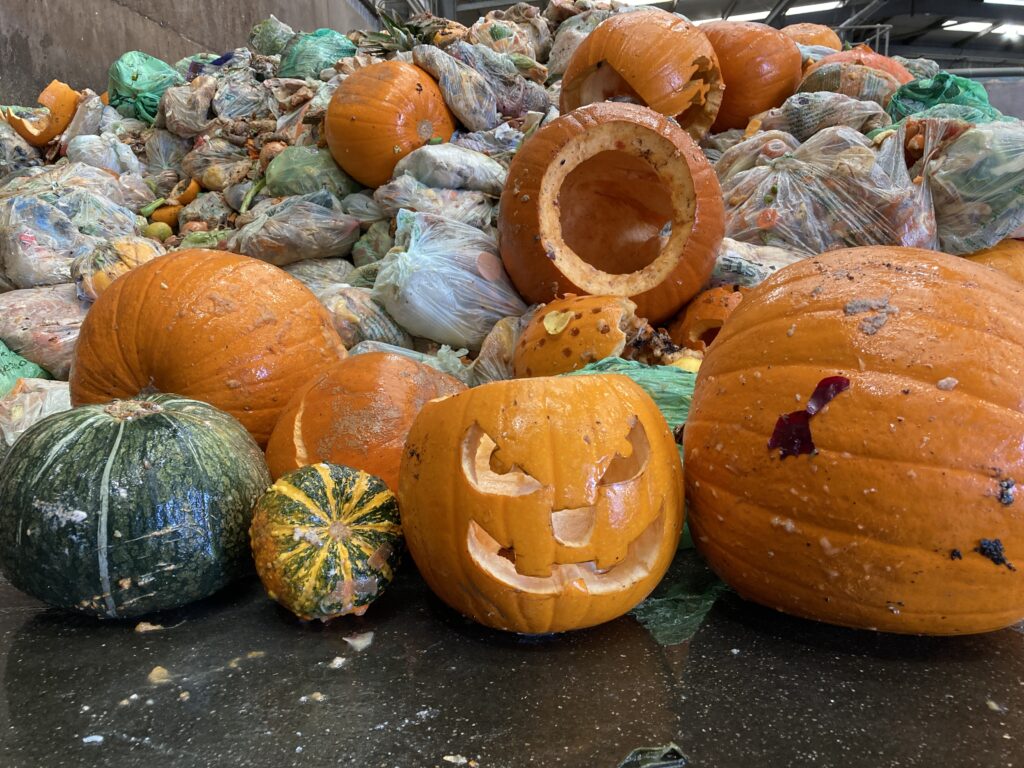
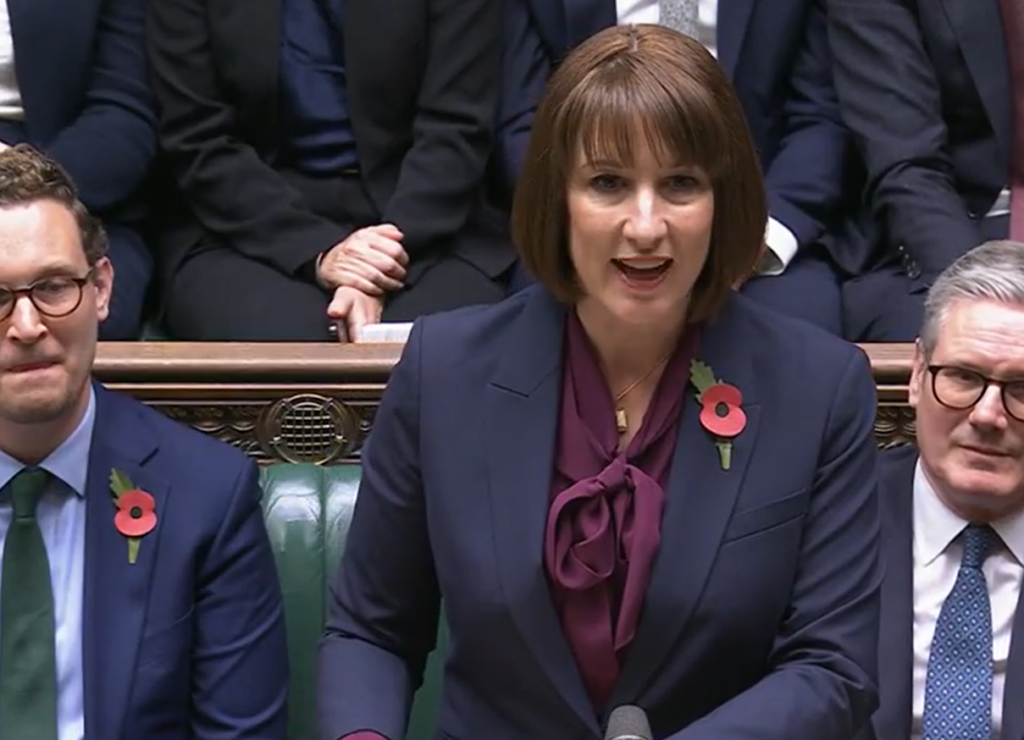

Subscribe for free